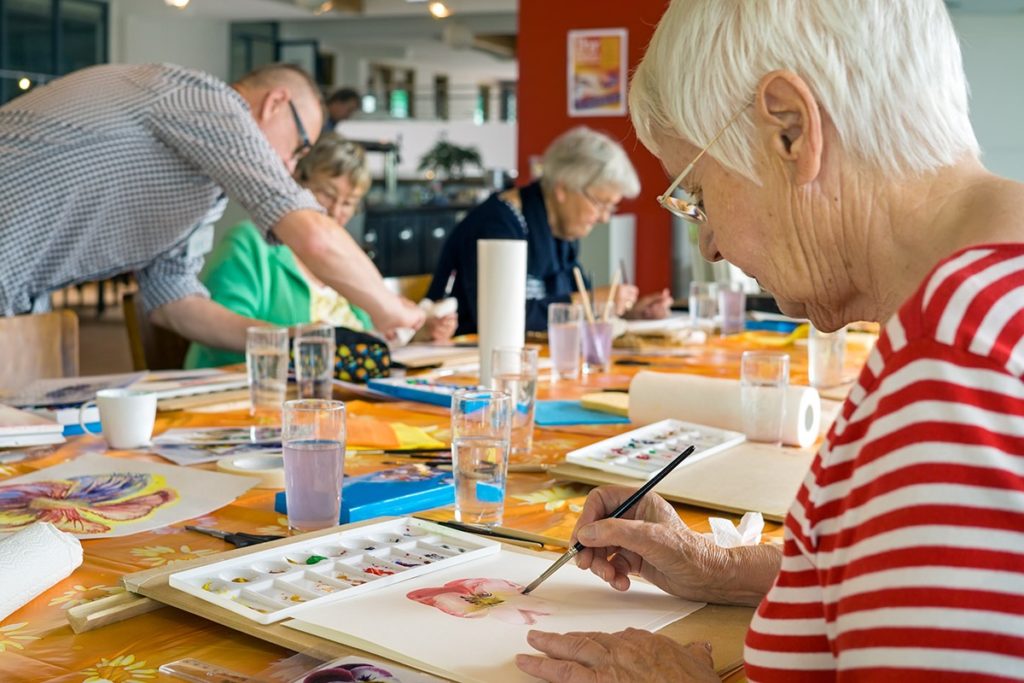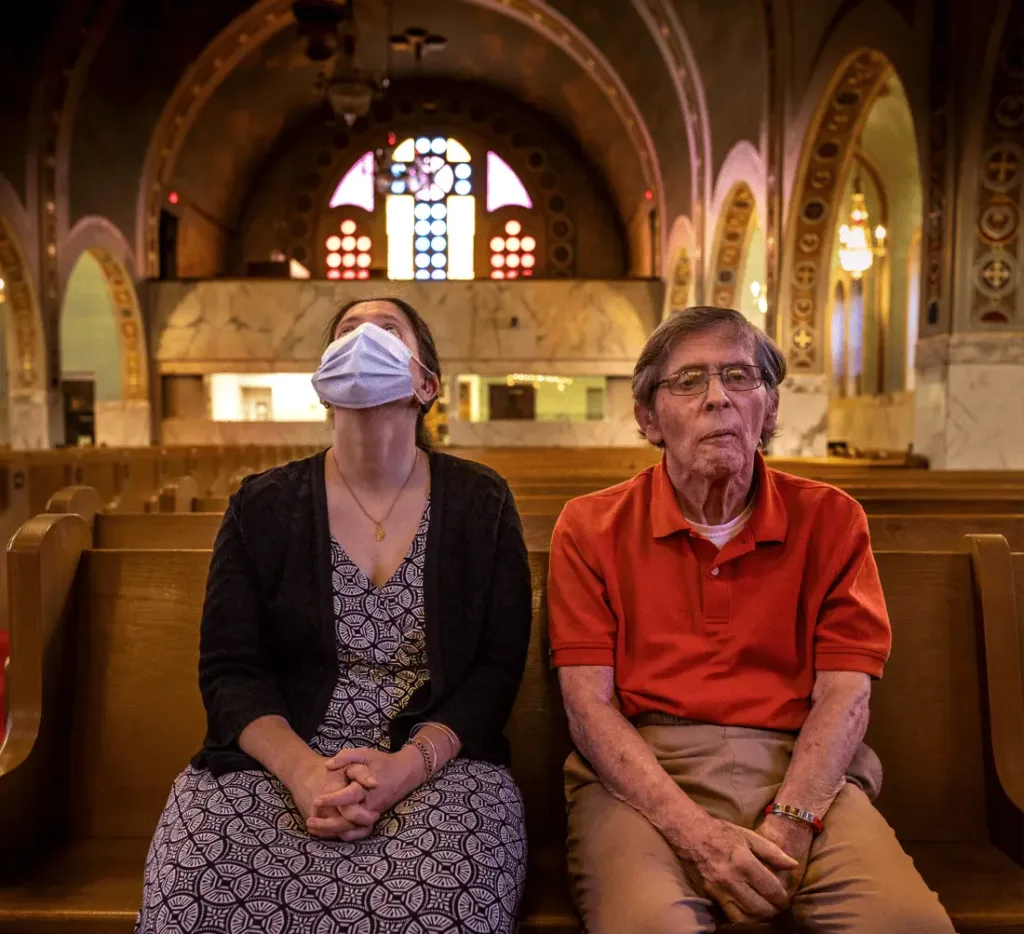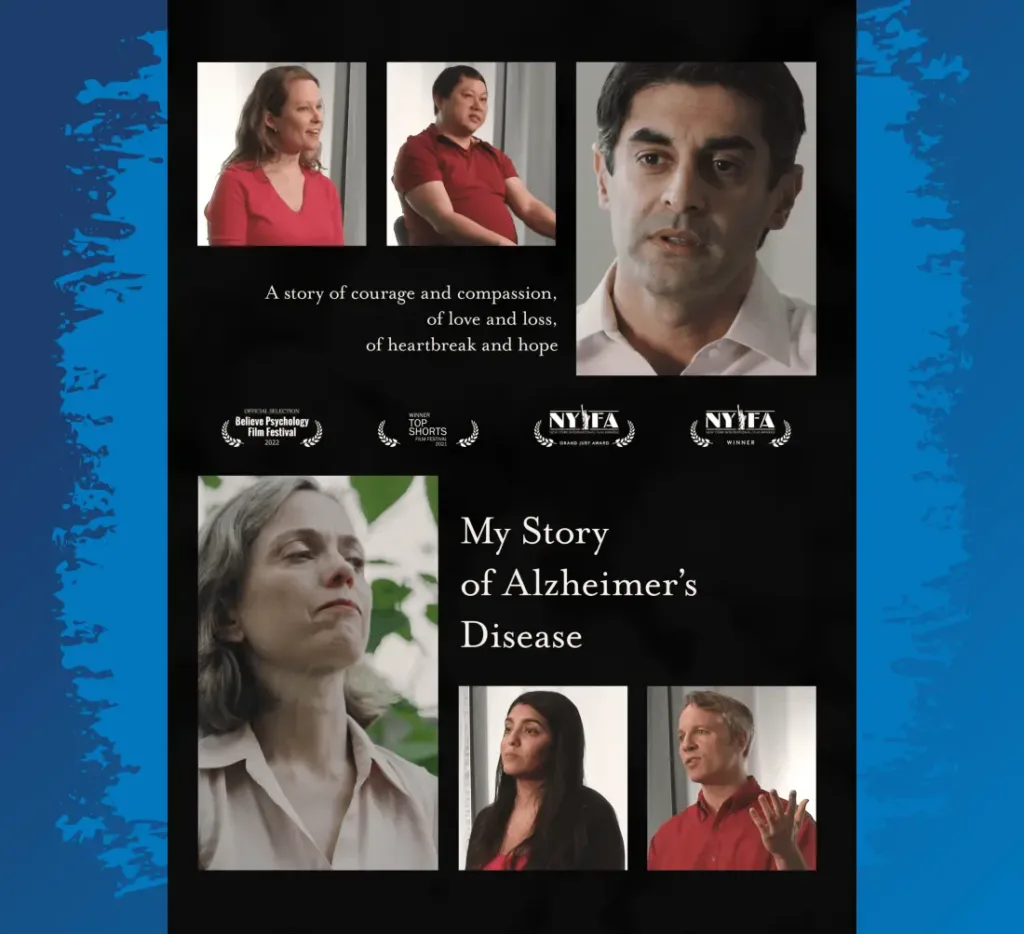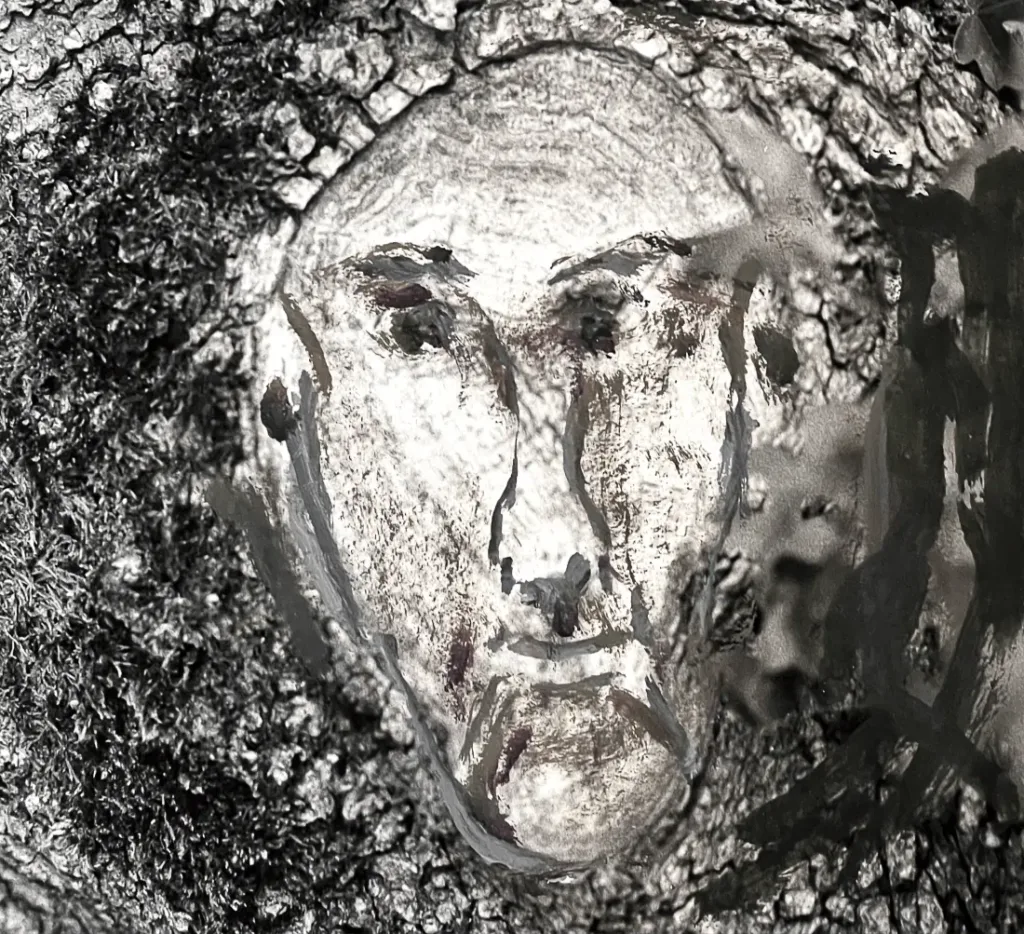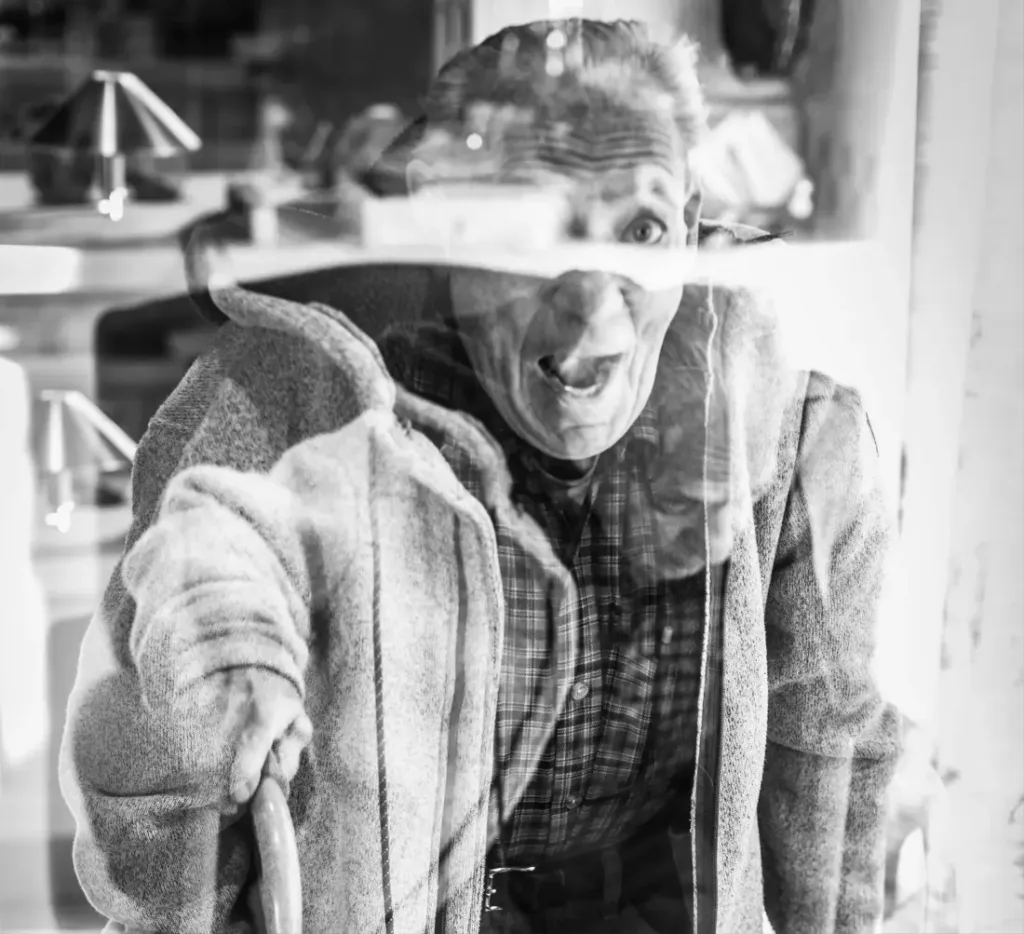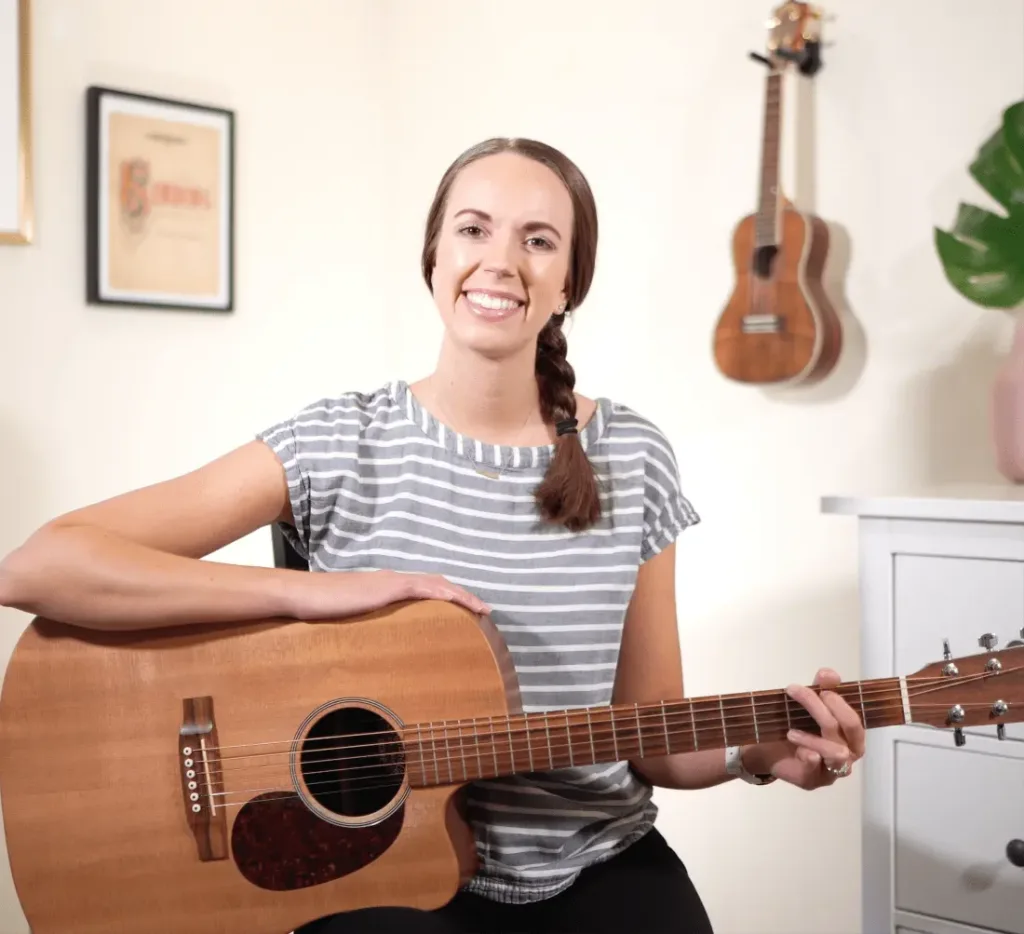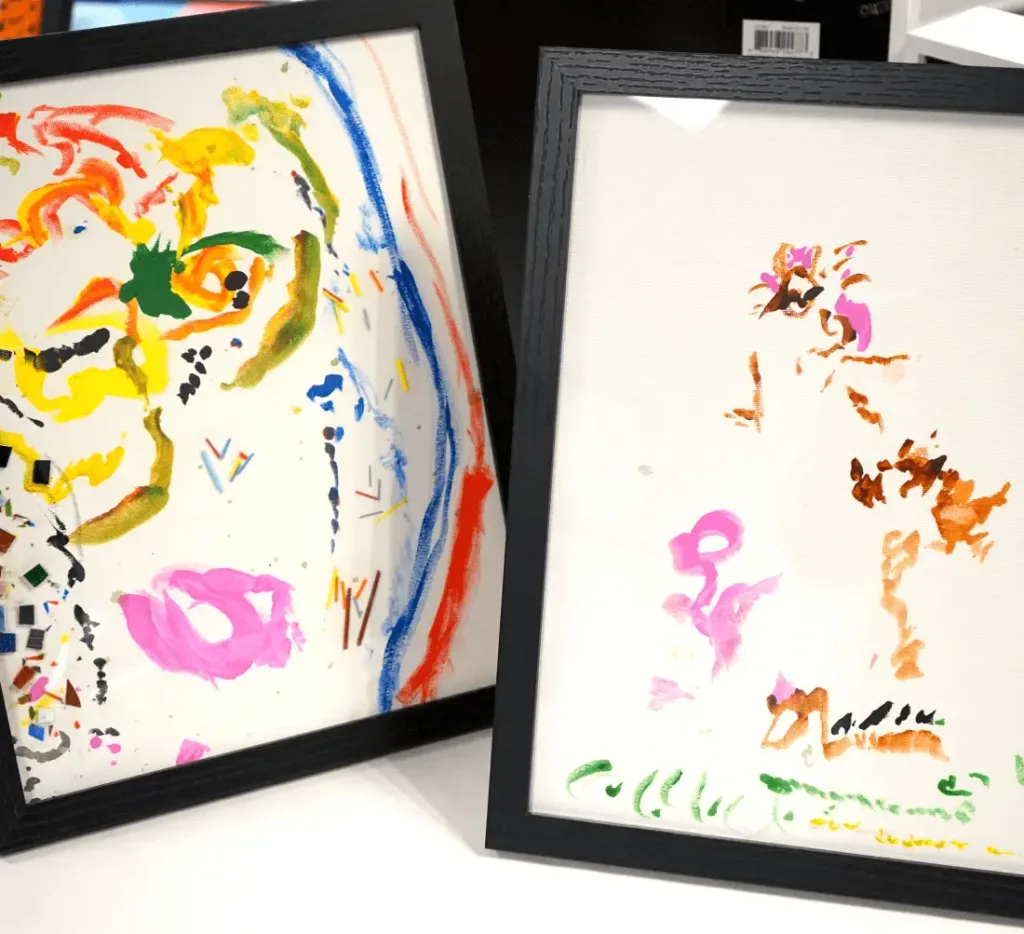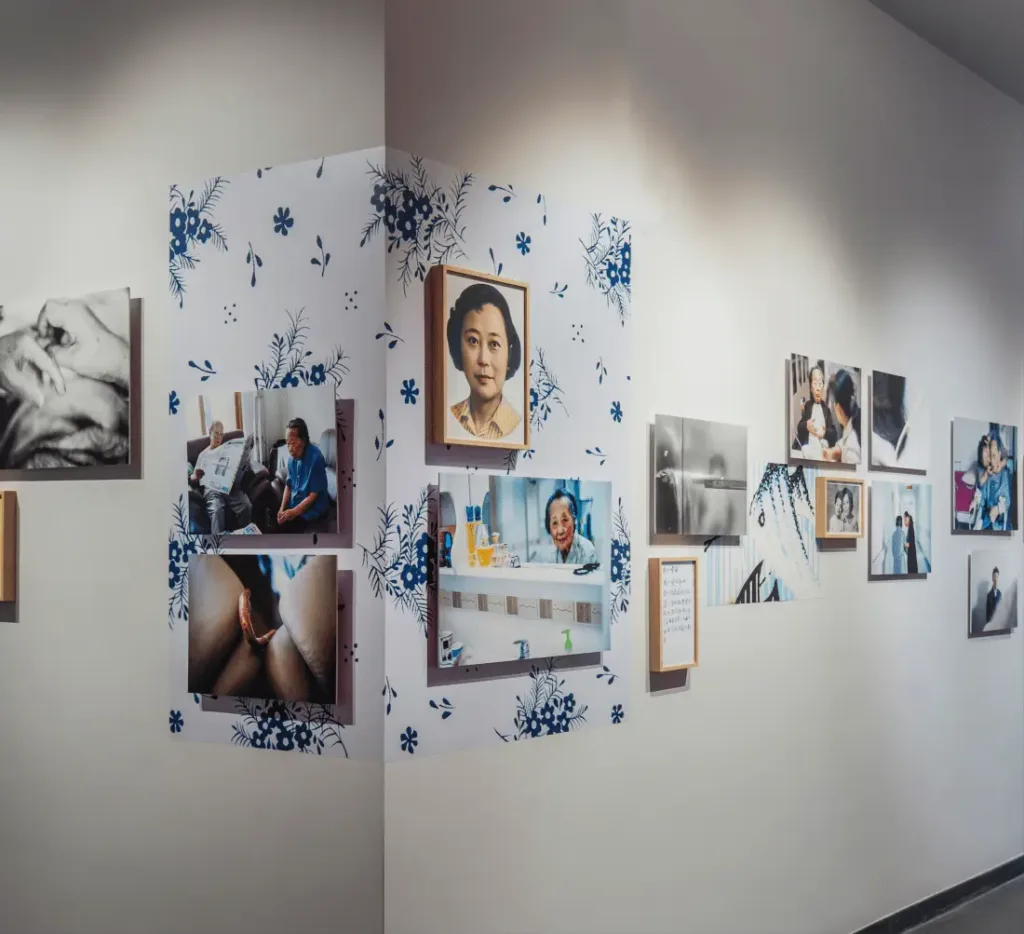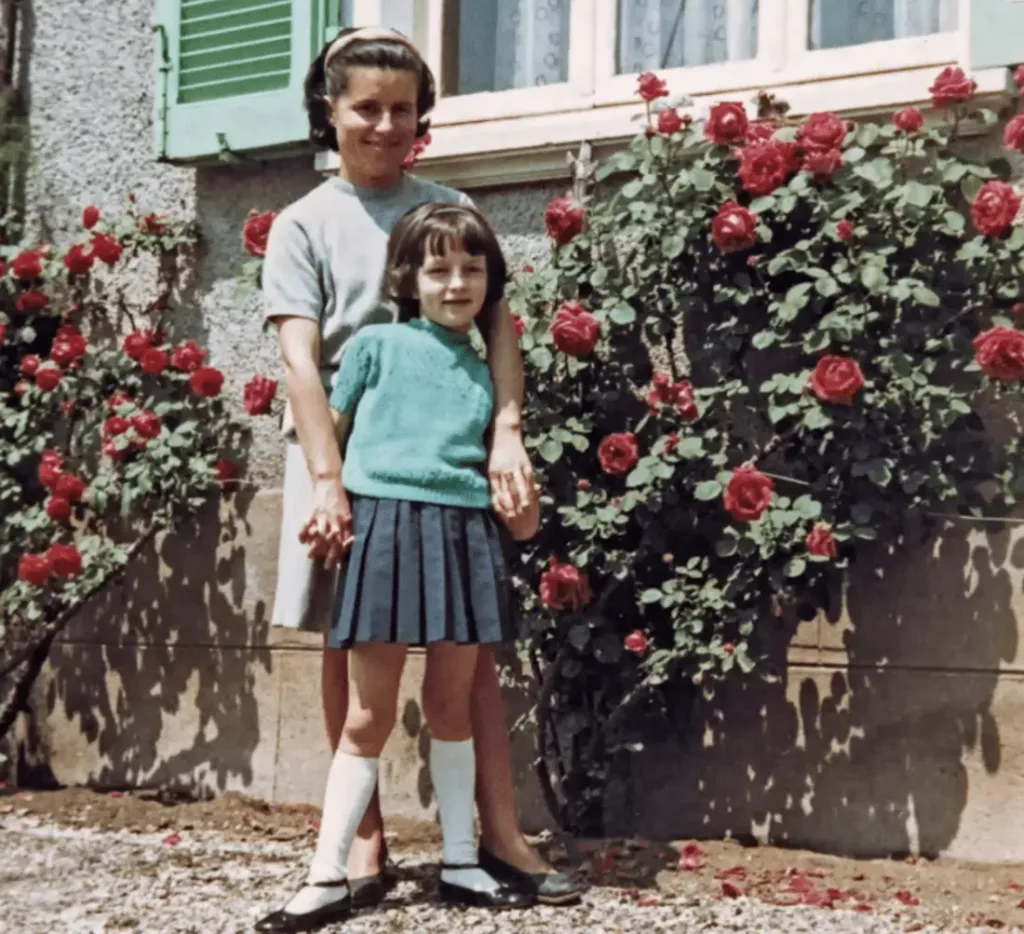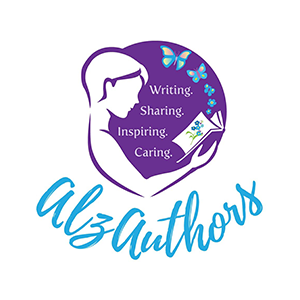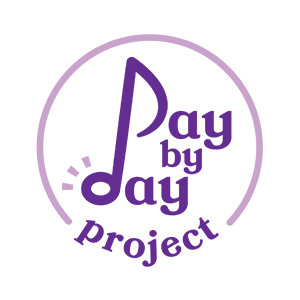Looking For Effective Non-Pharmacological Interventions for Dementia? Start With Music and the Visual Arts
As a geriatrician I’m always highlighting the importance of non-pharmacological therapies that reduce suffering, alleviate stress and anxiety, and provide hope for those with dementia, their families and caregivers. Non-pharmacologic therapies are even more critical now, given the steep price tag of medications that have come to market recently for dementia.
For many years there has been a growing recognition that art and music can contribute meaningfully to the quality of life of Alzheimer’s disease patients. Music has been shown to reduce anxiety, depression and to some extent behavioral symptoms that when unmitigated often lead to the use of antipsychotic medications or other sedatives. Art therapies tap into the parts of the brain that are less dependent on speech and language, making those activities more stimulating and activating without triggering the frustration and embarrassment people with dementia feel when language fails them.
Most recently, Dr. Laura-Christina Popa and her colleagues in psychiatry and pharmacy have published a review of the evidence for both music and art therapies in the journal Healthcare1. Dr. Popa’s team reviewed English language research publications from 2000-2021 that utilized non-pharmacological methods to stimulate the visual, auditory or motor skills of persons diagnosed with dementia. The review was narrative in style, twenty studies in all were included, and most showed reduced agitation along with improvement in cognitive functioning and mood in dementia-afflicted patients for both music and art therapies.
Music Therapies Can Reduce Agitation and Psychotropic Medication Use
Several randomized studies in multiple senior centers or nursing homes confirmed that the positive effect of music therapy on persons with dementia was significant, was associated with improvements in disruptive behavior and a decrease in the use of psychotropic medications used. Results held for the duration of the programs – up to 18 weeks – but it’s unclear if those changes were durable long term. In other studies the combination of music and massage was also effective in reducing disruptive behavior. And another study showed that music therapy with a specialist was quite effective in improving speech content and fluency, measured by the Western Aphasia Battery. Not only was it as effective as speech therapy, but there were improvements in behavior and depressive symptoms as well.
As I write this now, I am struck by how little music I heard while making rounds in nursing homes across the country when I was seeing and treating patients with dementia on a daily basis. Hopefully some of that has changed by now as practitioners are more aware of the benefits of the arts for people with dementia and Alzheimer’s disease.
Music Therapies May Improve Cognition but Only Transiently
Dr. Popa also found several papers that describe improvements in various cognitive tests and assessment tools – things like the Mini-Mental State Examination, the Amsterdam Dementia Screening Test 6, and others – for those who participate in music-based physical exercise. But those effects appear to be short-term and don’t seem to last after the therapies are halted.
Art Therapies Stimulate the Visual, Sensory and Functional Centers of the Brain
Art therapy can be used as a non-pharmacological adjunct to other therapeutic measures. Art therapy has the advantage of stimulating people at the sensory level, engaging them through intact centers of the brain, the visual cortex for example, and provides a non-verbal avenue for self-expression. A way to depict thoughts and emotion that doesn’t depend on correct language, syntax and phonation.
In the studies reviewed by Dr. Popa there was good cognitive stimulation, improved mood, reduced isolation and overall quality of life for those with dementia. And there was a notable decrease in anxiety among caregivers in three of the research papers cited. For caregivers, seeing their loved one engaged and being creative can provide great relief, and there are shared memories of that experience because the work product can be saved and viewed again together.
Music and art therapies are safe, well-tolerated interventions for patients with Alzheimer’s and other dementias. They can reduce agitation and behavioral disturbance, improve quality of life and provide meaningful respite for families and caregivers. Most importantly they engage the more intact centers of the brain in patients who have begun to lose command of their speech and language.
Music and art therapies provide hope, stimulation and should be incorporated into treatment plans for dementia patients.
References:
1. Popa L-C, Manea MC, Velcea D, et al. (2021). Impact of Alzheimer’s dementia on caregivers and quality improvement through art and music therapy. Healthcare 9: 698. Webpage: https://www.mdpi.com/2227-9032/9/6/698
2. Cohen-Mansfield J, and Werner P. (1997). Typology of disruptive vocalizations in older persons suffering from dementia. International Journal of Geriatric Psychiatry 12: 1079-1091. Webpage: https://pubmed.ncbi.nlm.nih.gov/9427092/

